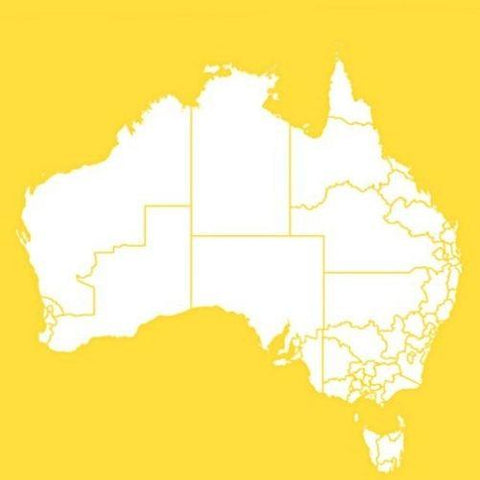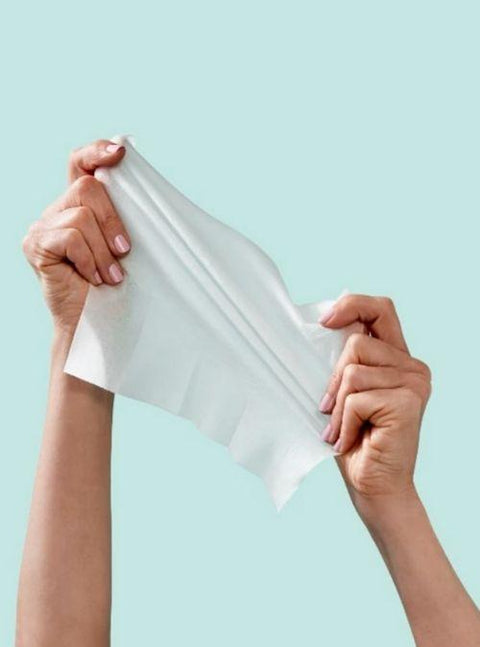With its official sustainability slogan, “Be better, together — For the planet and the people”, the 2020 Tokyo Olympic Games were expected to be the greenest ever! So, how did the 2020 Olympic Games stack up in terms of sustainability? Let’s take a look!
Tokyo 2020 | The First-Ever Carbon Negative Olympics
With the world reeling from the impacts of twin crises — the COVID-19 pandemic, and the escalating climate crisis — many of us were wondering whether the extravagant sporting event was even worth it. Yet, for two blissful weeks, the world was once again united in its love for elite athleticism, sportsmanship, and national pride.
The biggest difference compared to previous years, is that Tokyo’s organising committee purchased 150% of the carbon credits required to offset the emissions from the entire event — meaning that the Olympic Games were carbon negative!
Climate change is one of the biggest challenges humanity has ever faced and it needs to be addressed in all walks of life.


Tokyo 2020 | Recycled Equipment, Podiums & Beds
The Tokyo 2020 Olympics were truly a “showcase for sustainability”! To minimise the overall impact of the Games, the organising committee set a goal to reuse or recycle 99% of the goods retrieved for the event. So, how did they do it?
Well, the majority of goods that were leased or purchased for the games included a buy-back agreement with producers. For example, 65,000 computers, tablets and other IT and consumer appliances, as well as 19,000 office desks, chairs and other fixtures, were used and then passed on.
For the podiums, the committee used 24.5 tonnes of post-consumer plastic waste — all, of which, was donated by. Even all 18,000 beds were made from sturdy, recyclable cardboard!


Tokyo 2020 | E-Waste Medals!
One of our favourite aspects of the 2020 Tokyo Olympic Games was the electronic waste medals! Every single one of the gold, silver and bronze medals handed out at the Olympic and Paralympic Games was made from e-waste.
During the Tokyo 2020 Medal Project, around 32kgs of gold, 3,500kgs of silver and 2,200kgs of bronze was recycled from used electronic devices to create over 5,000 medals. This massive effort required more than 6 million recycled mobile phones from 1,621 municipalities throughout Japan!
“We hope that our project of recycling small consumer electronics and our efforts to contribute to an environmentally-friendly and sustainable society will form part of the legacy of the Tokyo 2020 Games,” a committee spokesperson said.


Looking Beyond Tokyo 2020 To Brisbane 2032!
Considering the success of the Tokyo 2020 Olympics, it makes us wonder — what will the future of the Olympic Games look like in terms of sustainability?
Already, the organisers of the upcoming Paris Olympics in 2024 are pledging to host the “greenest games ever!” Building venues is obviously one of the most carbon-intensive activities leading up to an Olympic Games — that’s why Paris 2024 and Los Angeles 2028 are planning to use a record number of existing and temporary facilities. 95% of Paris’ venues already exist (or will be temporary), and for Los Angeles, no new permanent venues are needed at all!
The much anticipated Brisbane 2032 Olympic Games are set to be carbon-positive, meaning that they will absorb or remove more carbon from the atmosphere than the event produces.
Did you enjoy the 2020 Tokyo Olympic Games? We love that the organisers put so much effort into the sustainability measures for the event — especially the amazing e-waste medals! We’re so excited to see how Paris 2024, Los Angeles 2028 and Brisbane 2032 will incorporate even more sustainability measures.
For more Eco News like this, check out the blogs below!
The World’s Greenest Footy Club
These Solar-Powered Inventions Are Lifting People Out Of Poverty
Vinnies Victoria Is Going Solar, Saving $1.26m On Power Bills

